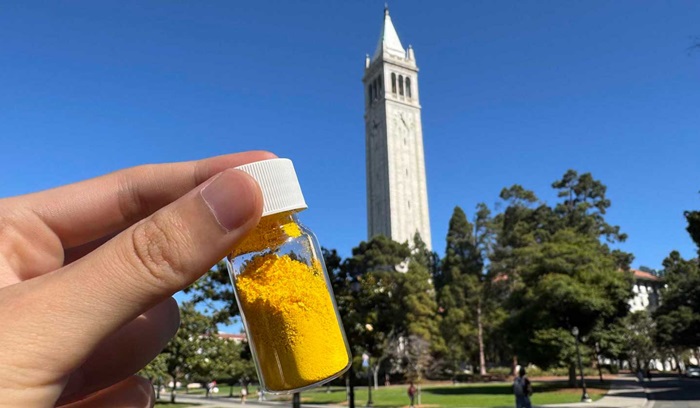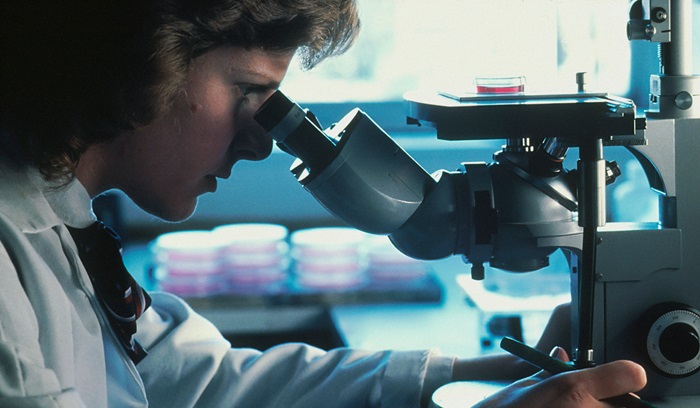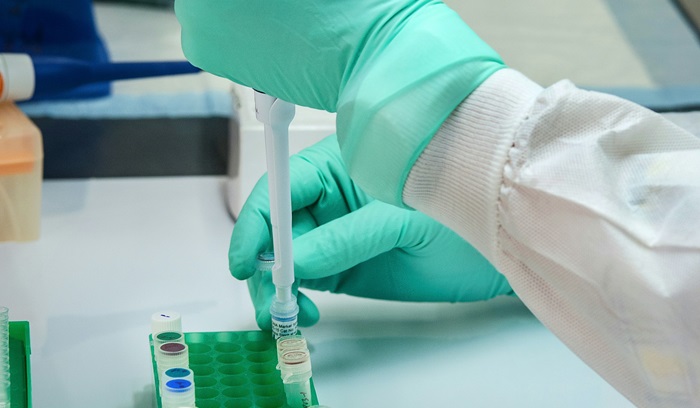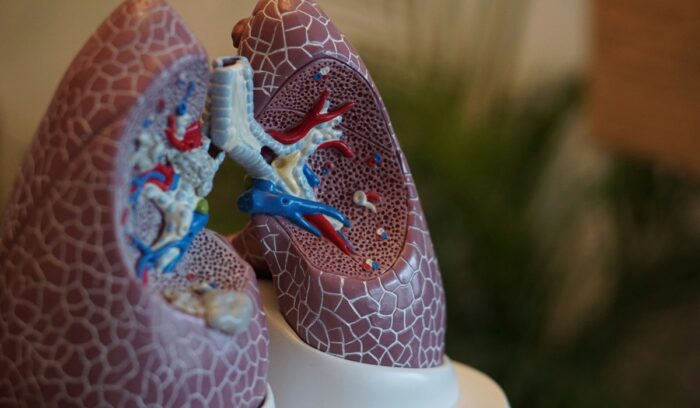U.C. Berkeley researchers use turmeric-like powder to ‘clean the air entirely’ of carbon dioxide
New research from U.C. Berkeley, published in Nature, points to a new material – a bright yellow powder that resembles turmeric – that could help rid the air all around us of CO2. The scientists say that just 200 grams of the material can absorb up to 20 kilograms of carbon in a year – which is approximately the same absorption potential as a tree. The substance could be easily integrated into carbon capture systems already deployed to remove CO2 from refinery emissions or to capture atmospheric carbon and store it underground.










